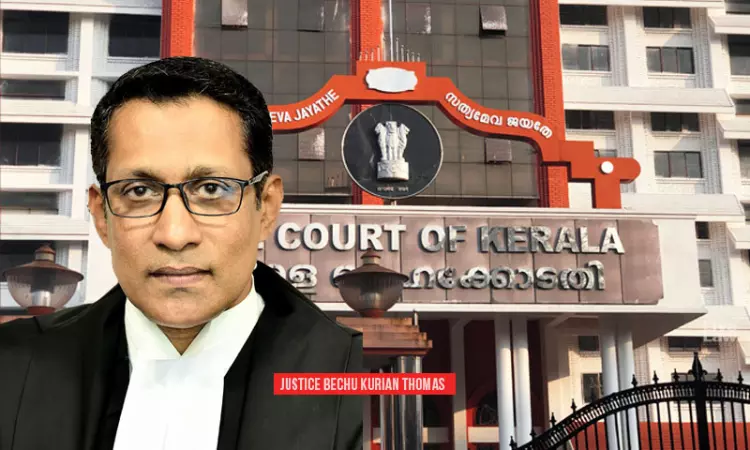Mandatory For Magistrate To Examine Approver Before Committal Of Case: Kerala High Court
Tellmy Jolly
11 Aug 2023 7:33 PM IST

Next Story
11 Aug 2023 7:33 PM IST
The Kerala High Court recently held that it is mandatory for the Magistrate to examine an accused who was tendered pardon under section 306(4)(a) of CrPC, prior to committing the case to the Sessions Court.Section 306 of the Code deals with tendering pardon to an accomplice, who turns approver. An approver is also an accused in the crime, but has now agreed to provide details regarding the...
